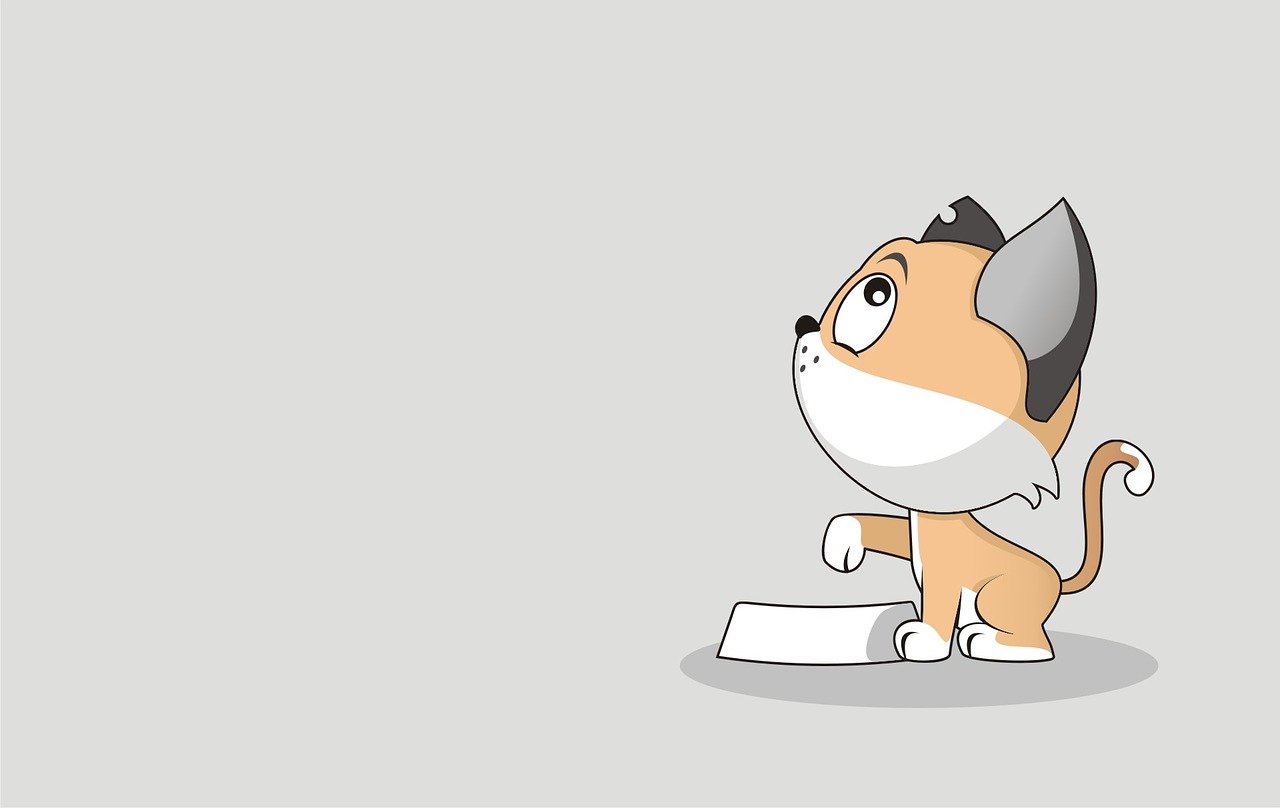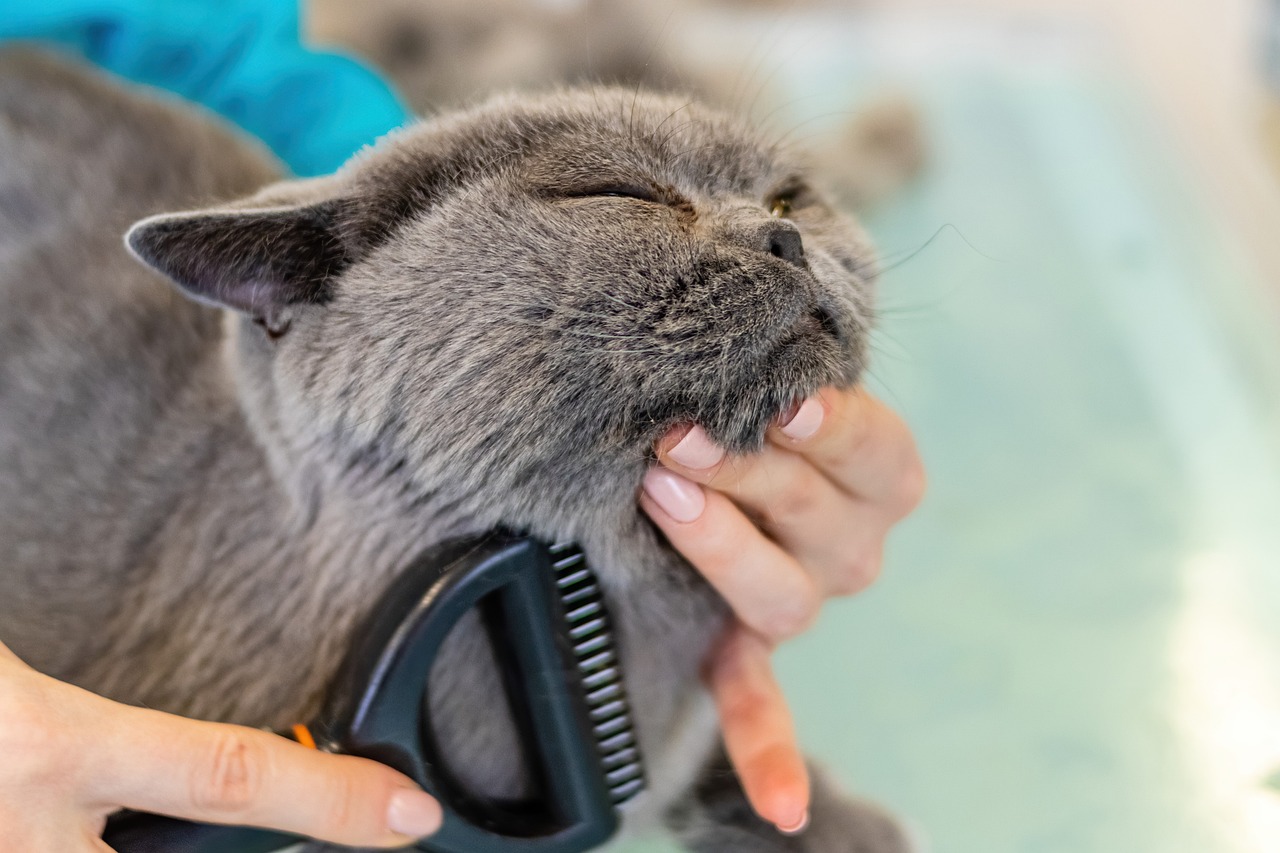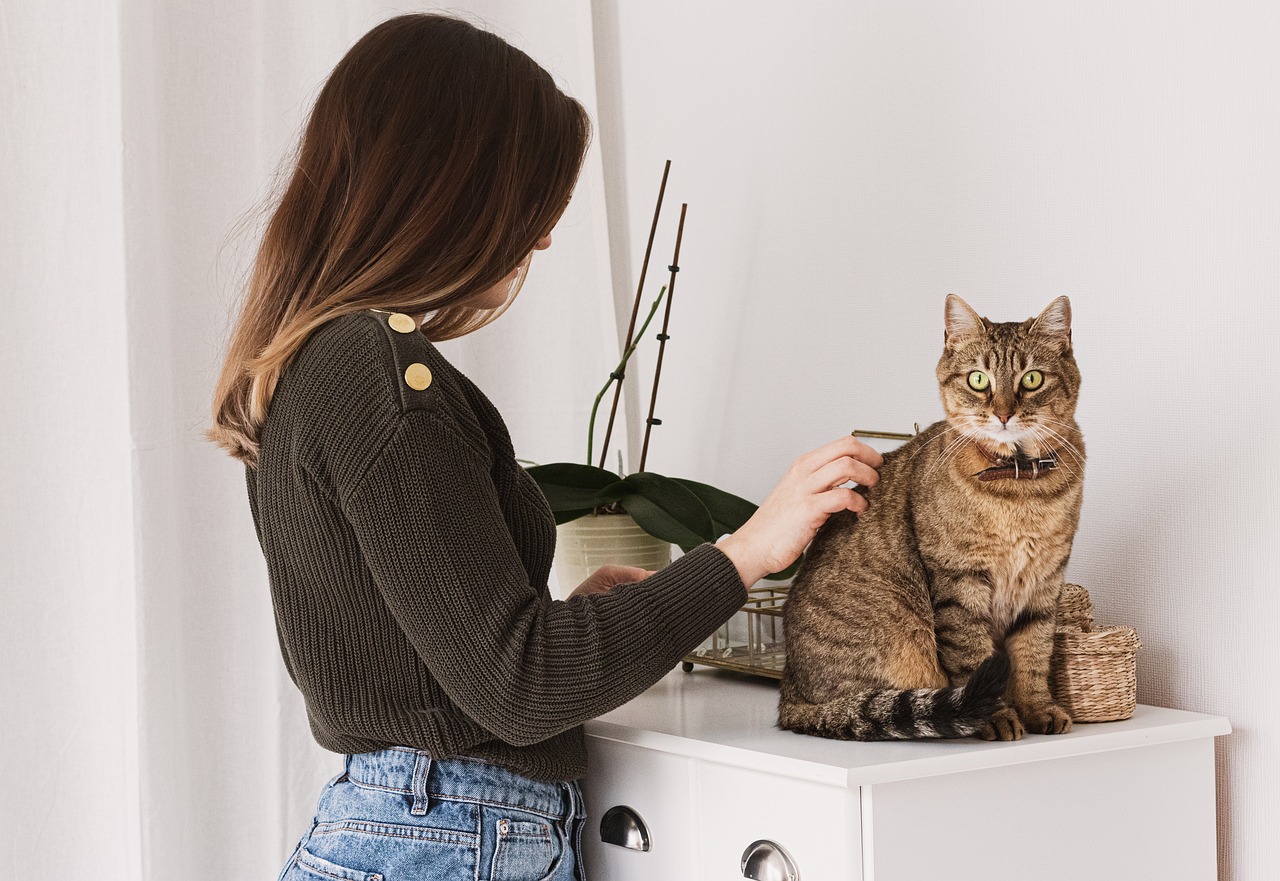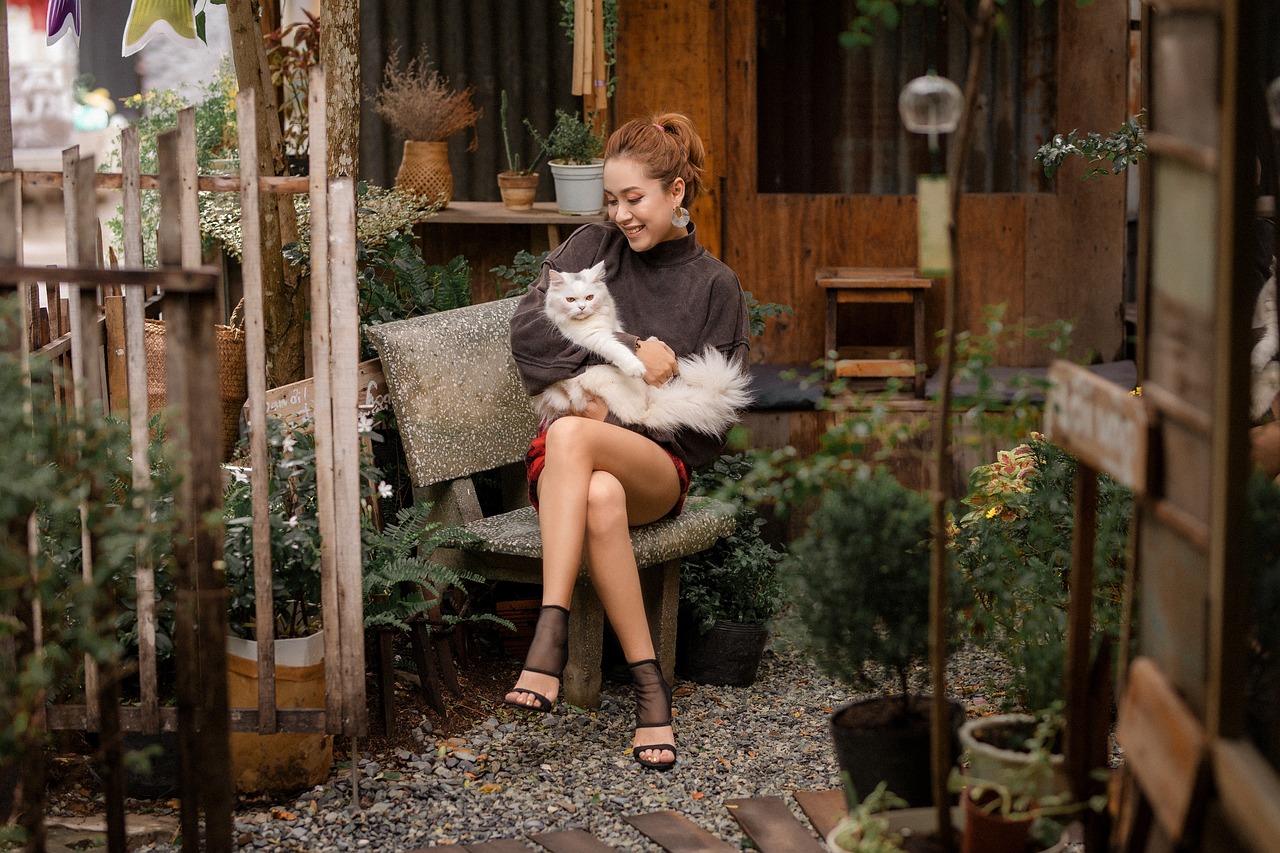
By Admin On 16-05-2024 at 10:13 am
Top 5 Foods You Should Never Feed Your Cat
Cats are obligate carnivores, meaning their diet primarily consists of animal protein. While they may occasionally beg for a bite of your food, it’s crucial to know that some human foods can be toxic or harmful to them. Feeding your cat the wrong foods can lead to serious health issues, including poisoning, organ damage, or even death. Here’s a detailed guide on the top five foods you should never feed your cat and why they are dangerous.
1. Chocolate
Why It’s Dangerous:
Chocolate contains two toxic compounds for cats: theobromine and caffeine. These substances can cause a range of symptoms, from vomiting and diarrhea to severe issues like seizures, heart arrhythmias, and even death. Dark chocolate and baking chocolate are particularly dangerous because they contain higher levels of theobromine.
Symptoms of Chocolate Toxicity:
- Restlessness
- Rapid breathing
- Increased heart rate
- Muscle tremors or seizures
Prevention Tip:
Keep all forms of chocolate, including cocoa powder and chocolate-flavored treats, far out of your cat’s reach. If your cat ingests chocolate, contact your veterinarian immediately.
2. Onions and Garlic
Why They’re Dangerous:
Onions, garlic, and other members of the allium family (such as leeks and chives) contain compounds that can destroy your cat’s red blood cells, leading to anemia. Even small amounts, whether raw, cooked, or powdered, can be harmful over time.
Symptoms of Allium Toxicity:
- Lethargy
- Weakness
- Pale gums
- Reduced appetite
- Rapid breathing
Prevention Tip:
Avoid feeding your cat any human food that contains onion or garlic, even in small quantities, such as soups, sauces, or seasoned meat.
3. Alcohol
Why It’s Dangerous:
Even a tiny amount of alcohol can be extremely harmful to cats. It can cause ethanol poisoning, leading to disorientation, respiratory distress, and in severe cases, coma or death. Cats are much smaller than humans, so even a teaspoon of alcohol can be life-threatening.
Symptoms of Alcohol Toxicity:
- Vomiting
- Loss of coordination
- Difficulty breathing
- Hypothermia
- Seizures
Prevention Tip:
Keep alcoholic beverages, cooking alcohol, and alcohol-based products (like certain sauces or desserts) away from your cat.
4. Dairy Products
Why They’re Dangerous:
While it’s a common stereotype that cats love milk, most adult cats are lactose intolerant. Consuming milk, cheese, or other dairy products can lead to digestive upset, including diarrhea and vomiting.
Symptoms of Lactose Intolerance:
- Loose stools
- Bloating
- Gas
- Abdominal discomfort
Prevention Tip:
If your cat enjoys milk-like treats, opt for lactose-free cat milk, which is specially formulated for feline digestion.
5. Grapes and Raisins
Why They’re Dangerous:
Grapes and raisins can cause acute kidney failure in cats, although the exact toxic compound is still unknown. Even a small amount can lead to serious health problems, making these fruits highly dangerous for cats.
Symptoms of Grape or Raisin Toxicity:
- Vomiting
- Lethargy
- Loss of appetite
- Increased thirst or urination (signs of kidney issues)
Prevention Tip:
Never leave grapes, raisins, or foods containing them, like trail mix or baked goods, where your cat can access them.
What to Do If Your Cat Eats Something Toxic
If you suspect your cat has consumed any of these harmful foods, take immediate action:
- Contact Your Veterinarian: Call your vet or an emergency animal poison control hotline for advice.
- Monitor Symptoms: Note any changes in behavior, appetite, or physical condition.
- Do Not Induce Vomiting Without Guidance: Some substances can cause more damage when vomited. Follow your vet’s instructions.
Safe Alternatives for Your Cat
Instead of offering harmful human foods, consider these safe treats:
- Cooked, plain chicken or turkey (without seasoning)
- Small pieces of cooked fish (boneless)
- Commercial cat treats approved by veterinarians
Conclusion
Being aware of the foods that are dangerous to your cat is an essential part of responsible pet ownership. By avoiding harmful foods like chocolate, onions, alcohol, dairy, and grapes, you can keep your feline companion safe and healthy. Always consult your veterinarian before introducing new foods to your cat’s diet, and prioritize feeding them a nutritionally balanced, species-appropriate diet.

Author
Share on:
Related posts

16-05-2024
How to Groom Your Cat Without Stress
16-05-2024
Top 5 Foods You Should Never Feed Your Cat

